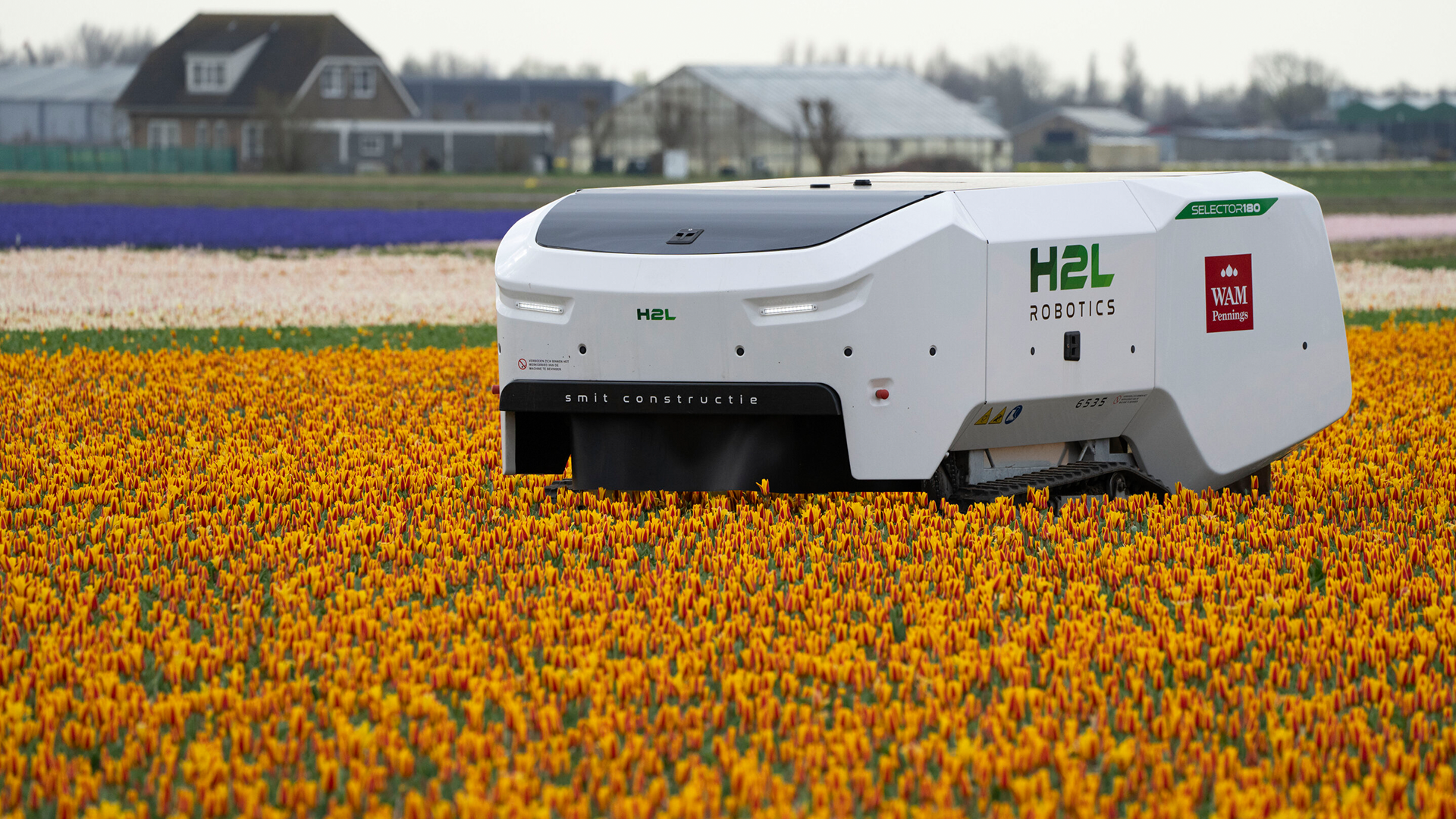Though the rise of Artificial Intelligence is fuelling paranoia amongst some, this rapidly evolving technology is being used in unique and helpful ways – including in The Netherlands’ many tulip fields.
The arrival of spring is an exciting time for us sun-deprived humans, but also for nature, which blossoms into a multitude of colours, shapes, and textures over the course of just a few weeks.
In the Netherlands, spring is marked most notably by a flourishing tulip season which attracts tourists from every corner of the world who come to admire their beauty.
Across the country, tulip farmers engage in the backbreaking work of planting thousands of bulbs, monitoring the health of each growing plant, and killing or removing any diseased flowers from the gardens.
In the past, this process has required specialised gardeners – also known as ‘sickness spotters’ – to work day in and day out in the fields. Tulip flowers, as it turns out, are extremely vulnerable to viruses capable of stunting their development and destroying the health of the bulbs themselves.
In one of the Netherlands’ most famous tulip towns, this job has gotten a whole lot easier thanks to Artificial Intelligence (AI).























